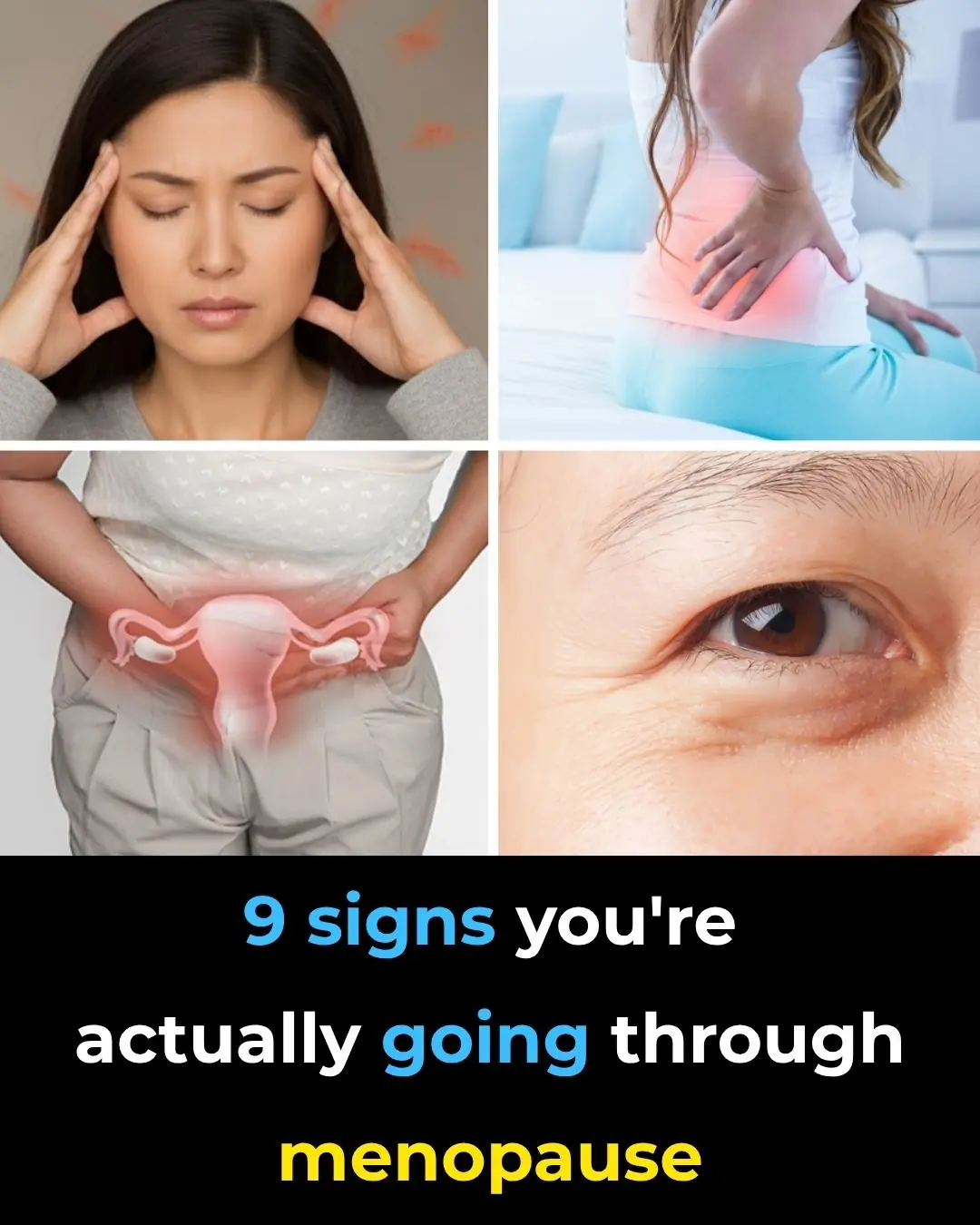
15 visible signs of low thyroid you can see – don’t ignore #7!
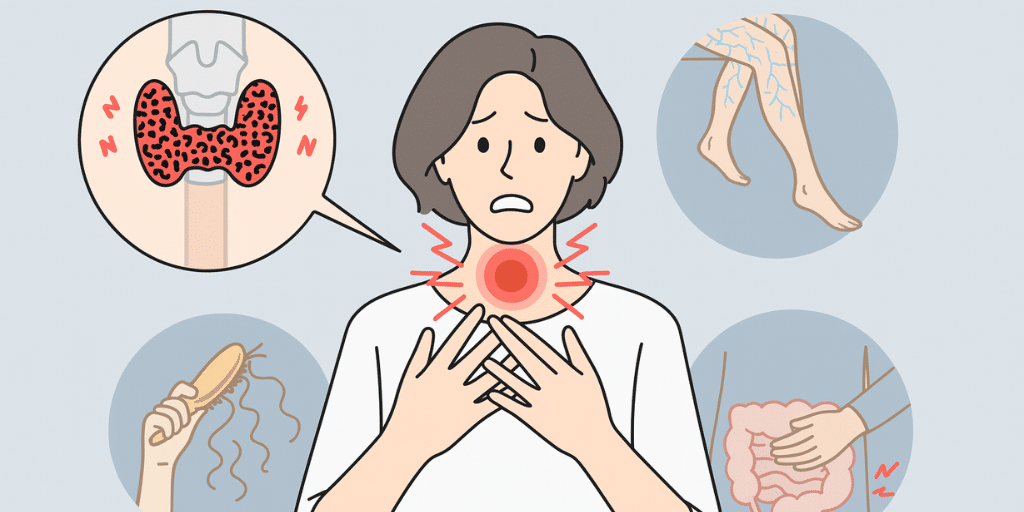
Have you ever felt like something just isn’t quite right with your body? Maybe you’re battling persistent fatigue that sleep can’t fix, struggling with unexplained weight gain, or noticing your skin is constantly dry and flaky no matter how much moisturizer you apply. These frustrating symptoms might all point to an often overlooked cause—a small, butterfly-shaped gland located at the base of your neck known as the thyroid. When this gland isn’t functioning properly, it can feel like your entire body is out of balance.
This vital gland is your thyroid, the master regulator of metabolism. It produces hormones that control how your body converts food into energy and manages countless functions in nearly every organ. When the thyroid is underactive—a condition called hypothyroidism—your metabolism slows down, and your body’s systems start to drag. Shockingly, millions of people live with hypothyroidism without knowing it, often dismissing their symptoms as mere signs of aging, stress, or lifestyle issues. Today, drawing on the expertise of Dr. Siobhan Deshauer, we’re uncovering the top 15 signs of hypothyroidism so you can recognize the warning signals your body may be sending.
👉 Key Takeaways
-
What it is: Hypothyroidism, or an underactive thyroid, causes a broad range of symptoms impacting everything from skin and hair health to mood and energy levels.
-
Visible signs: Many symptoms are noticeable externally, such as changes in skin texture, hair thinning, nail abnormalities, and swelling around the face and neck.
-
Hidden symptoms: Less obvious signs include chronic fatigue, increased sensitivity to cold, depression, and unexplained weight gain.
-
Diagnosis and treatment: Diagnosis involves a simple blood test measuring thyroid-stimulating hormone (TSH) levels, and treatment with hormone replacement therapy is highly effective in restoring balance.
➡️ 1. An Enlarged Thyroid (Goiter)
One of the clearest, most visible signs of hypothyroidism is a swelling at the base of your neck known as a goiter. Your brain constantly monitors thyroid hormone levels and sends Thyroid Stimulating Hormone (TSH) to tell the gland to produce more hormones. When the thyroid struggles to keep up, the brain sends increasing amounts of TSH, which overstimulates the gland and causes it to enlarge. In severe cases, this swelling can interfere with swallowing or breathing, making prompt medical attention crucial.
➡️ 2. Dry, Rough, or Cracking Skin
Think of your skin as a protective brick wall. The cells are the bricks, and natural oils act like mortar, sealing in moisture. Hypothyroidism dramatically decreases oil production, causing moisture to escape and the skin to become dry, rough, and prone to cracking. Sometimes the skin develops a mosaic-like pattern of irregular cracks, which can be uncomfortable and unsightly.
➡️ 3. Thickened Skin on Hands and Feet
Thyroid hormones regulate skin regeneration. When levels are low, dead skin and proteins like keratin can build up excessively. This often leads to thick, rough patches on the palms and soles, a condition known as palmar-plantar keratoderma, which can make the skin feel calloused or scaly.
➡️ 4. Hair Loss and Thinning
Since hair is largely made of keratin, hypothyroidism significantly disrupts its growth cycle. Hair production slows, leading to dull, brittle, and thinning hair. Worse yet, hair follicles enter a resting phase prematurely, causing diffuse shedding that can lead to noticeable hair loss across the scalp within months.
➡️ 5. Brittle, Splitting, or Thick Nails
Nails can become thickened but fragile, prone to splitting and crumbling. Vertical ridges may develop, and in some cases, nails lift off the nail bed—a condition called onycholysis. This reflects disrupted nail growth caused by thyroid hormone deficiency.
➡️ 6. Thinning of the Outer Eyebrows
This classic sign is sometimes called the “Sign of Queen Anne.” Hair loss isn’t limited to the scalp—in hypothyroidism, the outer third of the eyebrows may thin dramatically, a telltale symptom doctors often check for during examinations.
➡️ 7. Puffy Face and Swelling Under the Eyes
Persistent puffiness, especially around the eyes, is often mistaken for sleep deprivation. But in hypothyroidism, this swelling results from the buildup of myxedema—a gelatinous substance accumulating in the skin and tissues. This causes a characteristic doughy swelling that can make your face appear bloated.
➡️ 8. A Swollen Tongue
Myxedema can also affect muscles, including the tongue. When the tongue swells, it feels bulky and can partially obstruct the airway during sleep. This contributes to or worsens obstructive sleep apnea, a condition causing interrupted breathing and poor sleep quality.
➡️ 9. Numbness and Tingling in Your Hands (Carpal Tunnel Syndrome)
The carpal tunnel is a tight passageway in the wrist that houses the median nerve. Fluid retention and tissue swelling caused by hypothyroidism increase pressure within this tunnel, compressing the nerve. This results in numbness, tingling, and pain in the thumb and fingers—classic symptoms of carpal tunnel syndrome. Surprisingly, many carpal tunnel cases are linked to undiagnosed thyroid issues.
➡️ 10. Feeling Cold All the Time
Do you find yourself shivering in mild weather or constantly bundling up? A persistent intolerance to cold is a hallmark of hypothyroidism. When metabolism slows, your cells operate at reduced capacity and produce less heat, making you feel chilled even when others feel comfortable.
➡️ 11. Yellow-Orange Skin (Carotenemia)
If your skin, especially on your palms and soles, takes on an unusual yellow-orange hue, it could be due to carotenemia. This condition happens because hypothyroidism impairs the enzyme responsible for converting beta-carotene (found in carrots, sweet potatoes, and other vegetables) into vitamin A. As a result, excess beta-carotene accumulates in your bloodstream and deposits in your skin, causing the discoloration.
➡️ 12. Depression, Brain Fog, and Mood Swings
Your thyroid heavily influences brain chemistry. Low thyroid hormone levels reduce the production of neurotransmitters like serotonin and dopamine, which regulate mood and cognition. This can cause depression, memory problems, difficulty concentrating (brain fog), and mood swings. Because of this, doctors often recommend thyroid testing during assessments for mental health concerns.
➡️ 13. Heavy or Irregular Menstrual Cycles
For women, hypothyroidism often disrupts the delicate balance between estrogen and progesterone. This hormonal imbalance affects the uterine lining, leading to heavier, longer, or irregular menstrual cycles, sometimes causing painful periods or spotting between cycles.
➡️ 14. Chronic Fatigue
Perhaps the most common yet overlooked symptom is deep, persistent fatigue. This isn’t just feeling tired after a busy day—it’s an overwhelming exhaustion that doesn’t improve with rest or sleep. With your metabolism slowed to a crawl, your body struggles to generate the energy needed for daily life.
➡️ 15. Unexplained Weight Gain and Constipation
Weight gain is one of the most common complaints among people with hypothyroidism. As your metabolism slows, your body burns fewer calories even at rest, making it easier to gain weight without changes in diet or exercise. Additionally, digestive motility slows, often leading to constipation, bloating, and abdominal discomfort. Because these symptoms are so common, they are frequently overlooked as signs of a thyroid problem.
⚙️ What to Do Next
If several of these signs resonate with you, don’t panic. The first and most important step is to consult your healthcare provider. Diagnosing hypothyroidism is straightforward and involves a simple blood test measuring your TSH level. A high TSH means your brain is signaling your thyroid to produce more hormones, indicating underperformance.
The great news is hypothyroidism is highly treatable. The standard treatment is a daily medication called levothyroxine, which replaces the thyroid hormone your body isn’t producing enough of. With consistent treatment, many symptoms can improve significantly or even resolve completely, helping you regain your energy, mood, and overall health.
If you suspect hypothyroidism, taking action early can make a big difference. Listen to your body, get tested, and work with your doctor to develop a treatment plan that helps you feel like yourself again.
News in the same category

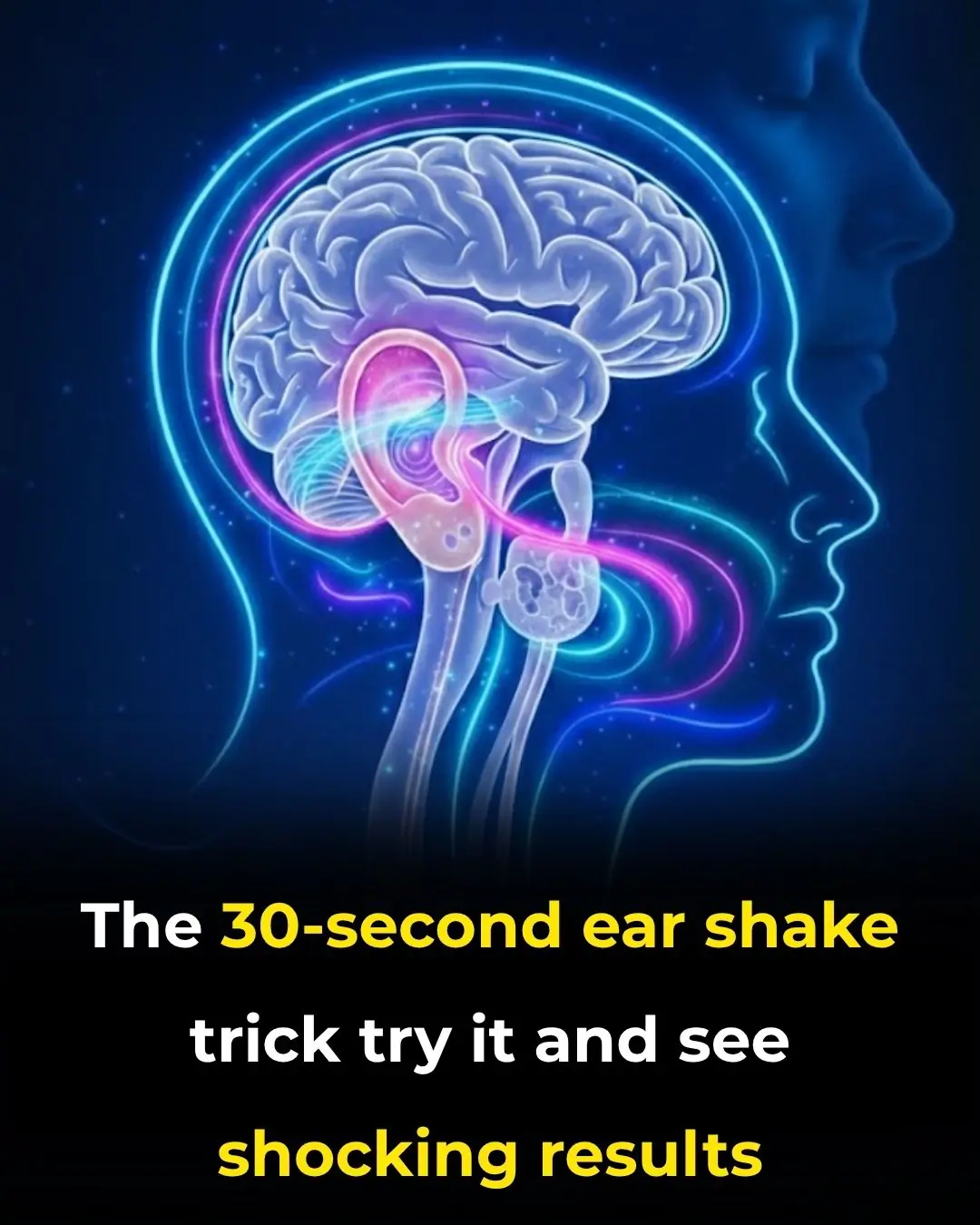
The 30-second ear shake trick: try it and see shocking results
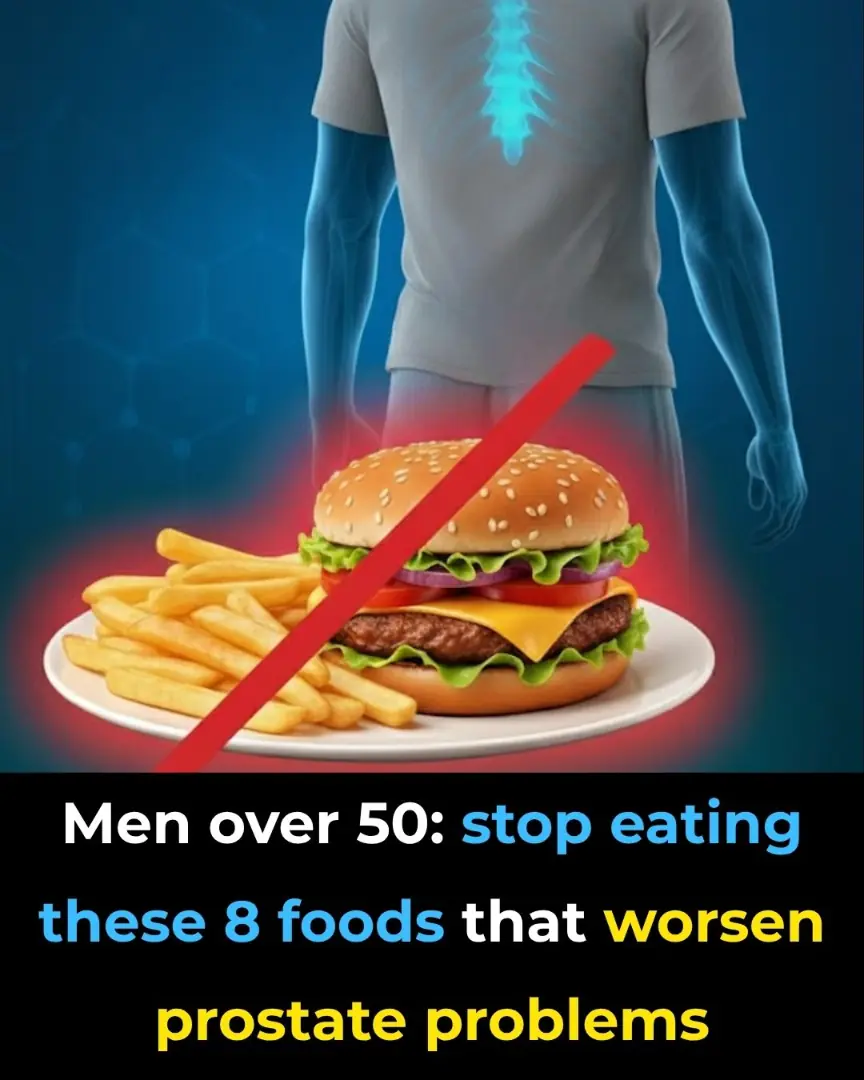
8 Foods To Avoid With Enlarged Prostate
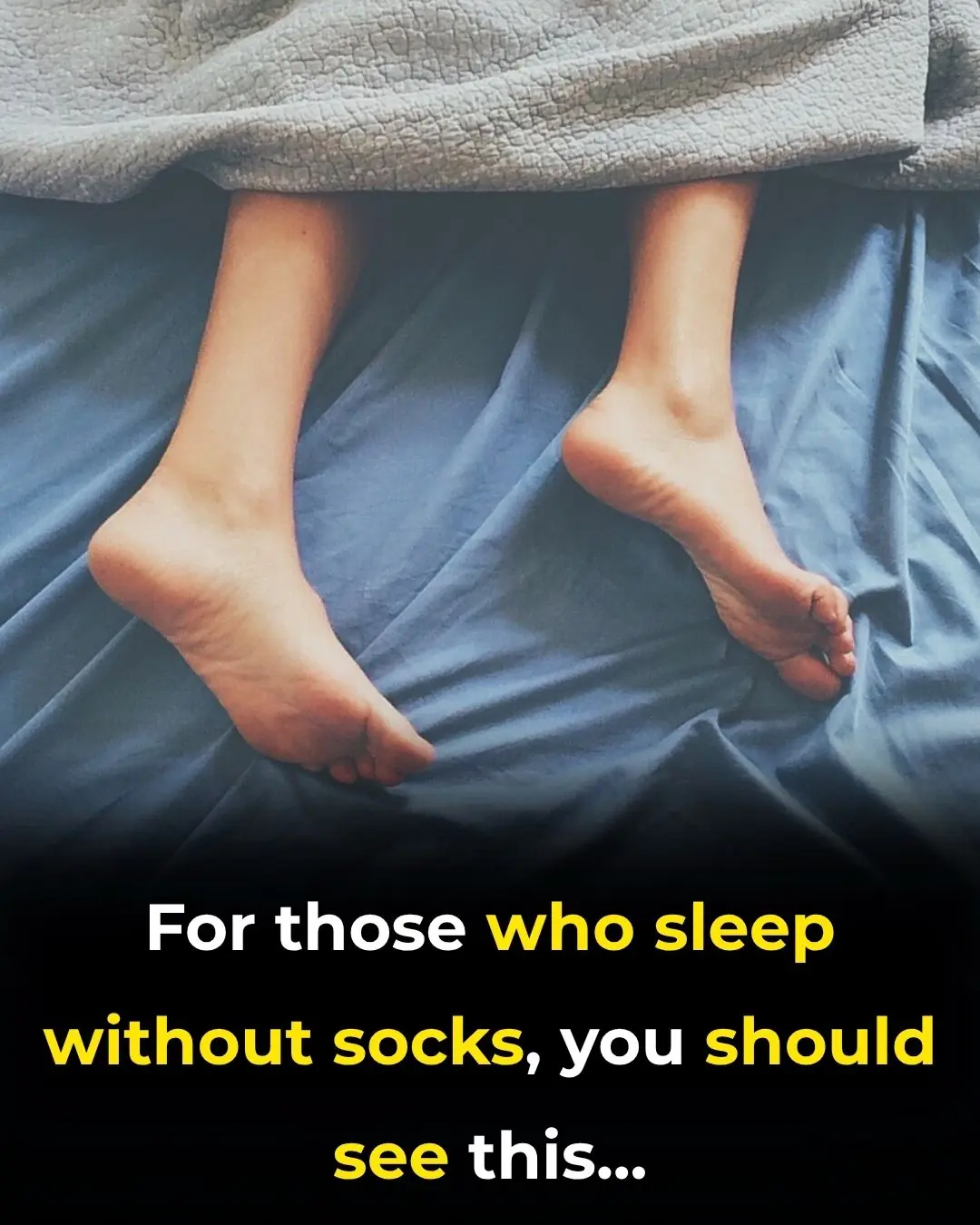
For those who sleep without socks, you should see this...
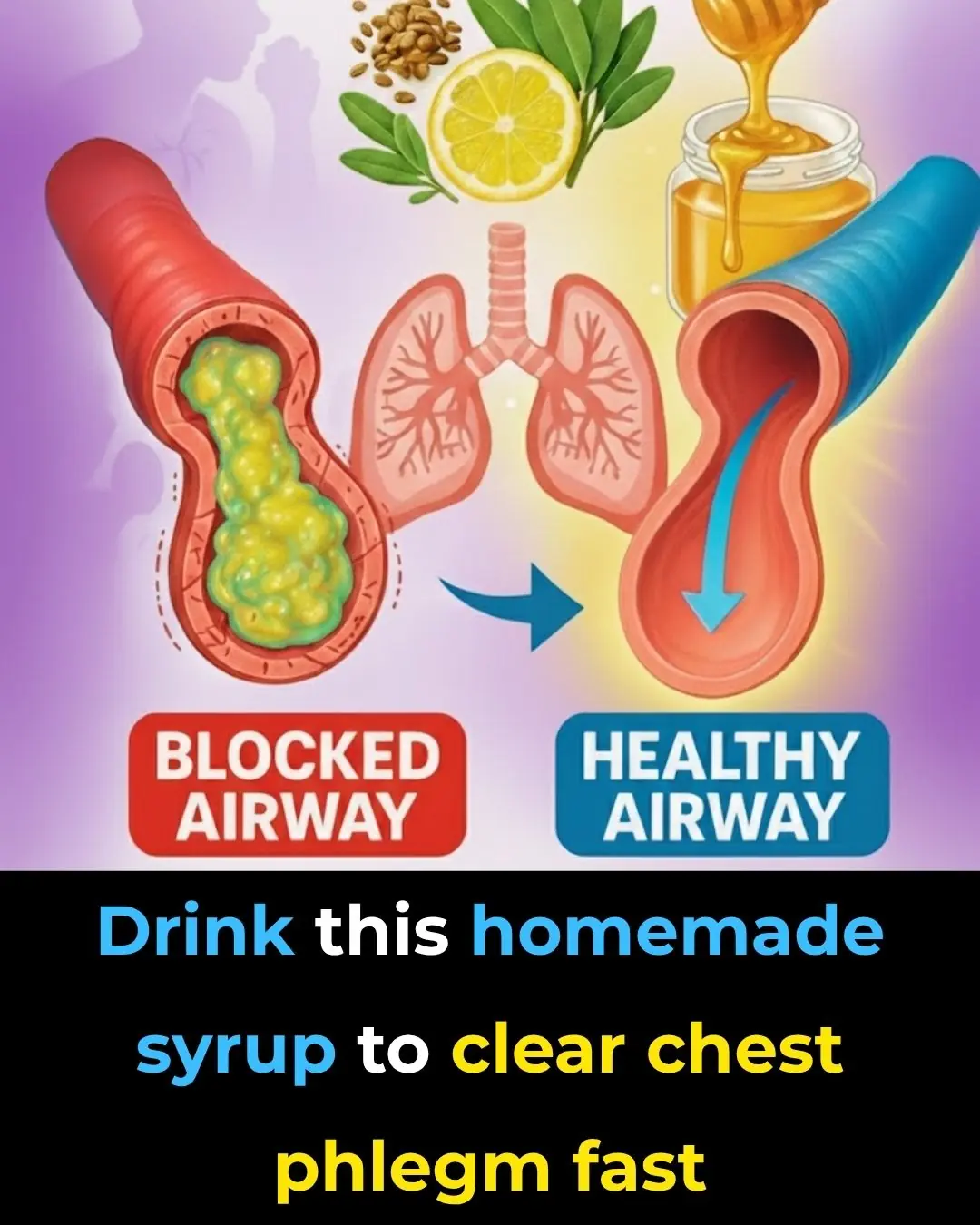
Drink This Homemade Syrup To Help Loosen Up Chest Phlegm and Expel It Out of Your Body

The Real Reason To Drink Lemon Water Revealed

Doctor Reveals One Personal Item You Shouldn’t Risk Sharing

Vitamin B12 Deficiency Can Wreck Your Health Here’s How to Spot It EARLY

SEVEN TYPES OF PAIN DOCTORS SAY ARE MAJOR RED FLAGS FOR YOUR HEALTH
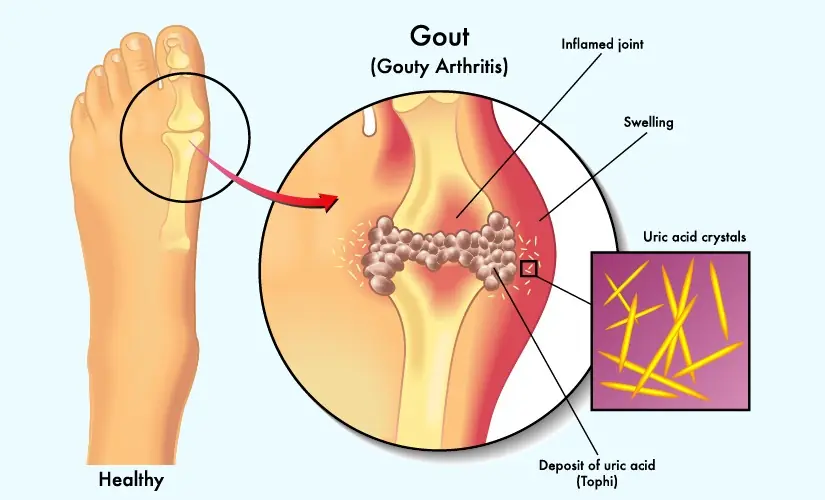
THE NATURAL SECRET DOCTORS NEVER TELL YOU THAT MELTS AWAY URIC ACID

Your Body Will Change In Unexpected Ways When You Eat 2 Eggs Daily
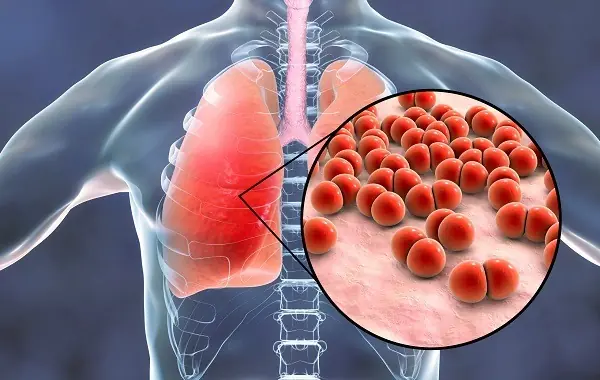
Lung Disease Starts Silently – Spot These Early Signs Before It’s Too Late
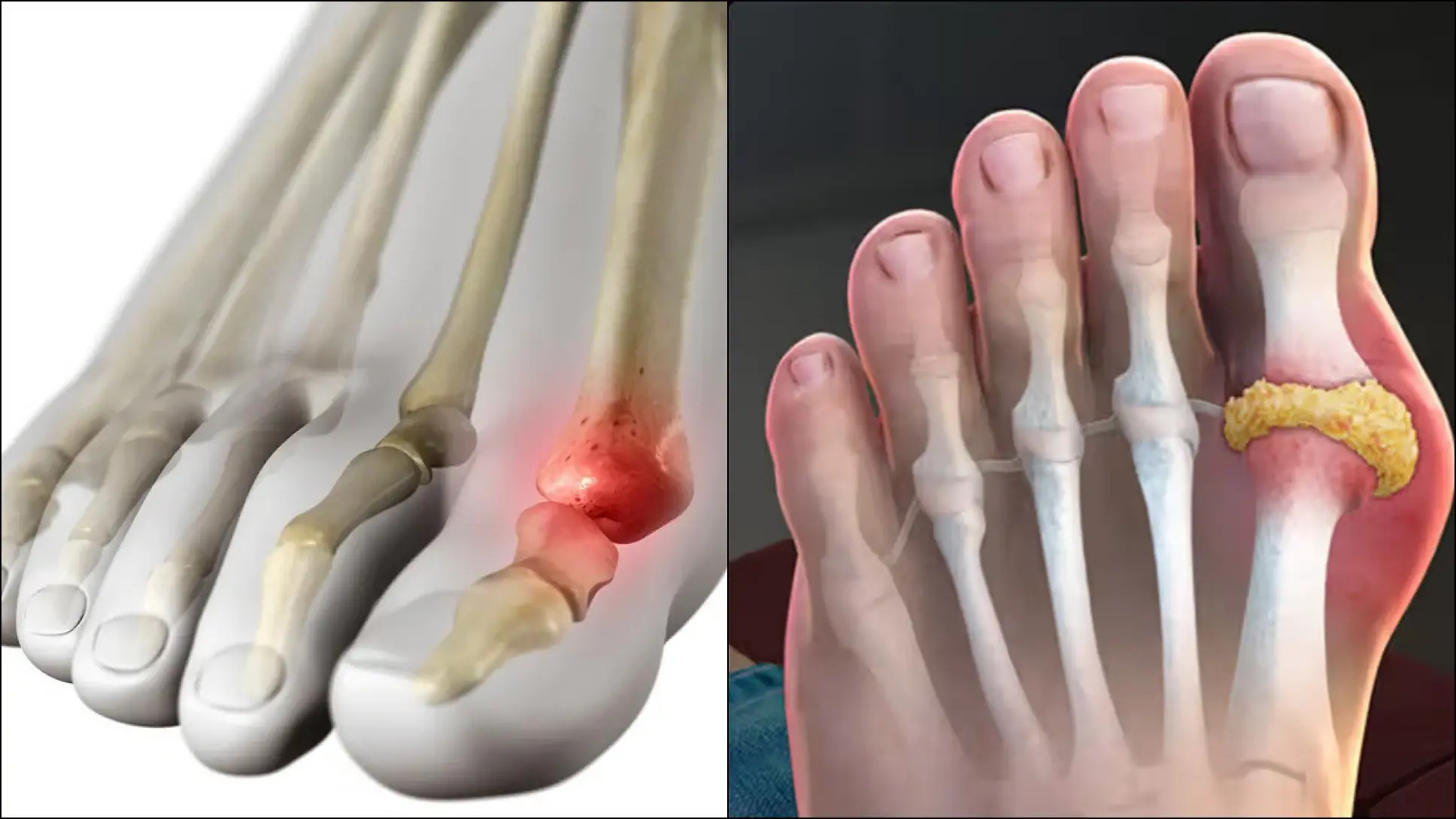
HOW TO QUICKLY REMOVE URIC ACID CRYSTALLIZATION FROM YOUR BODY TO PREVENT GOUT AND JOINT PAIN
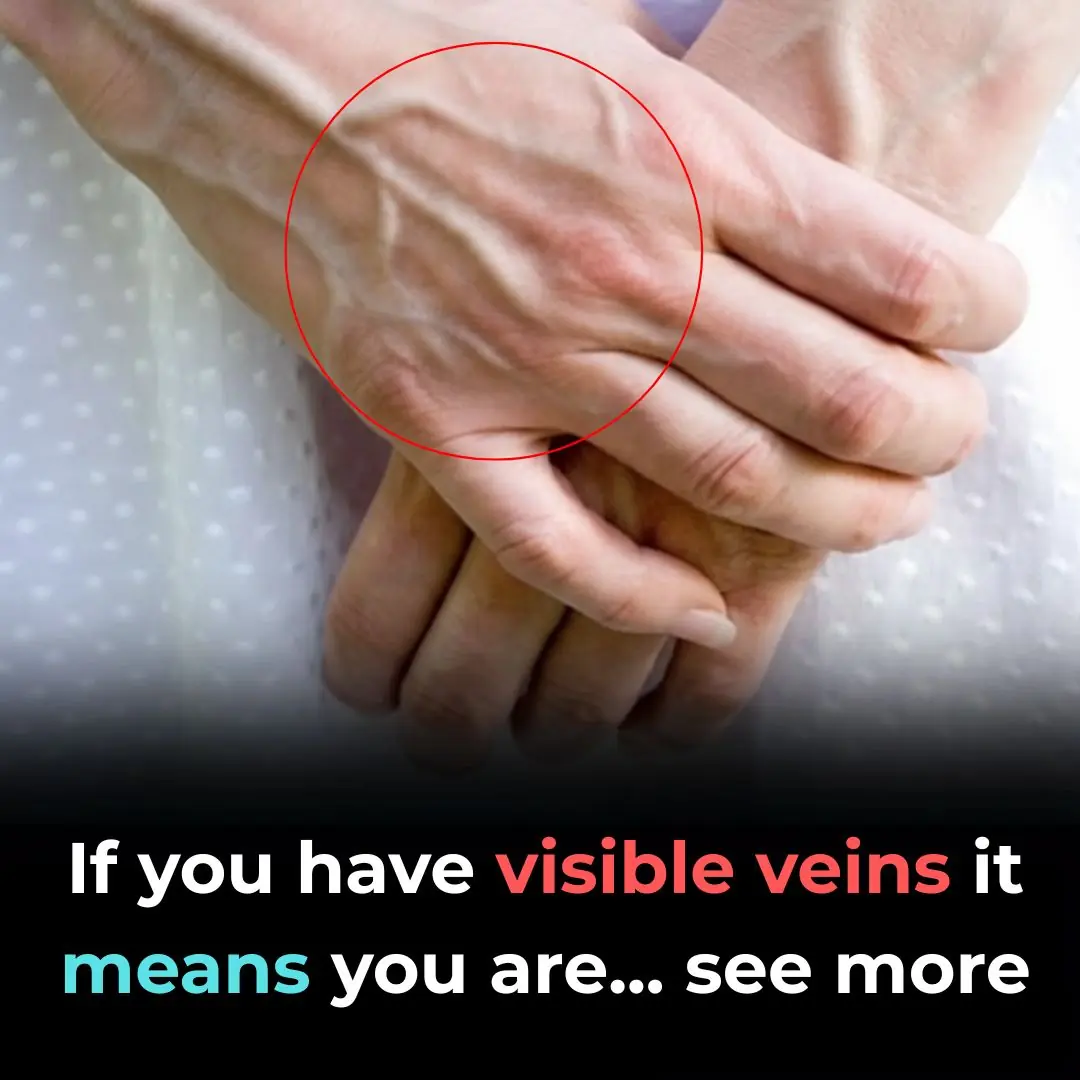
When to Worry About Veins That Appear Out of Nowhere
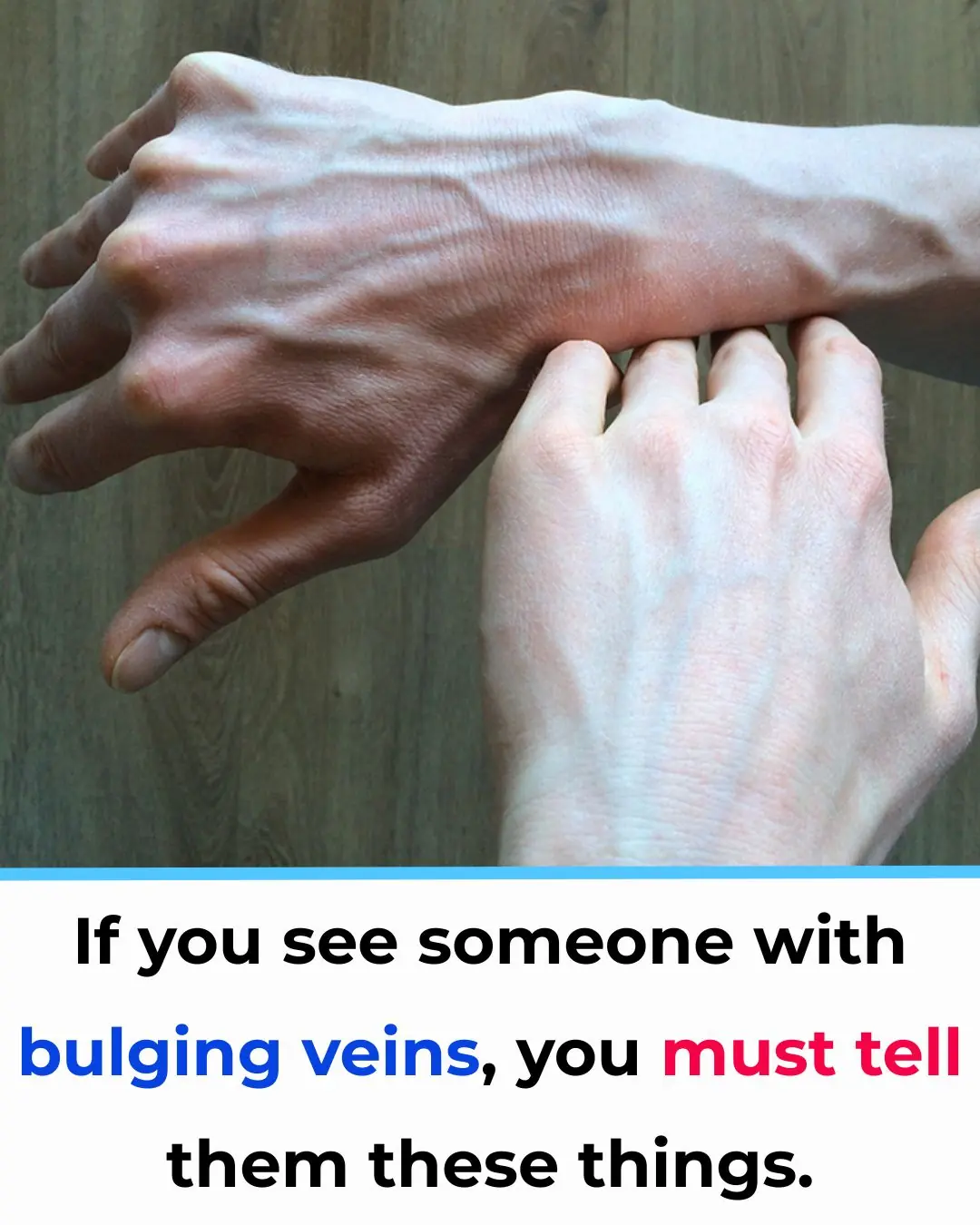
If You See Someone With Prominent Blue Veins, You Definitely Need to Tell Them This—It Could Save Their Life
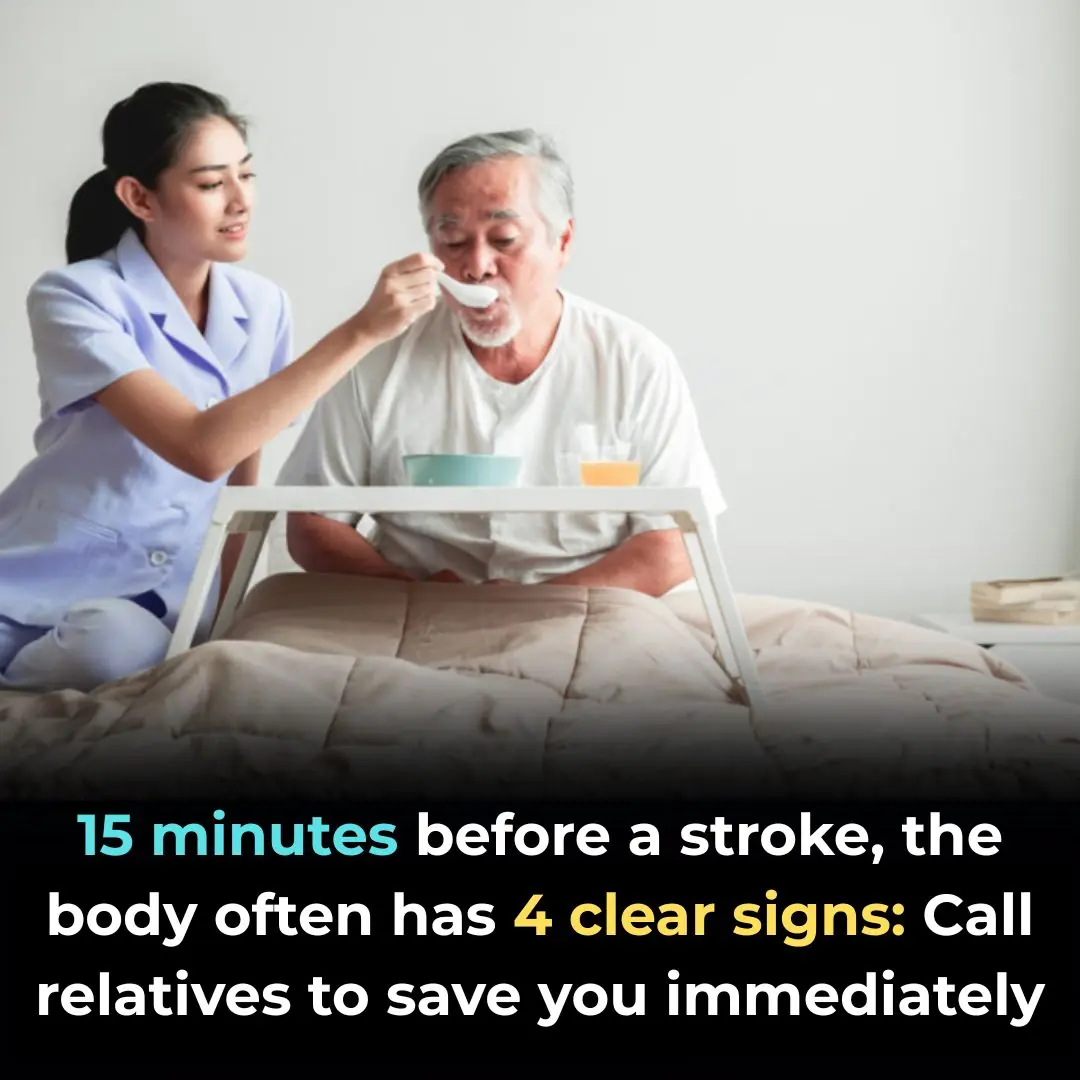
4 Clear Signs That Appear 15 Minutes Before a Stroke: Call for Immediate Help

Alarming Study Links Eating Ramen Often to Early Death

3 Ways to Stop Acid Reflux Naturally
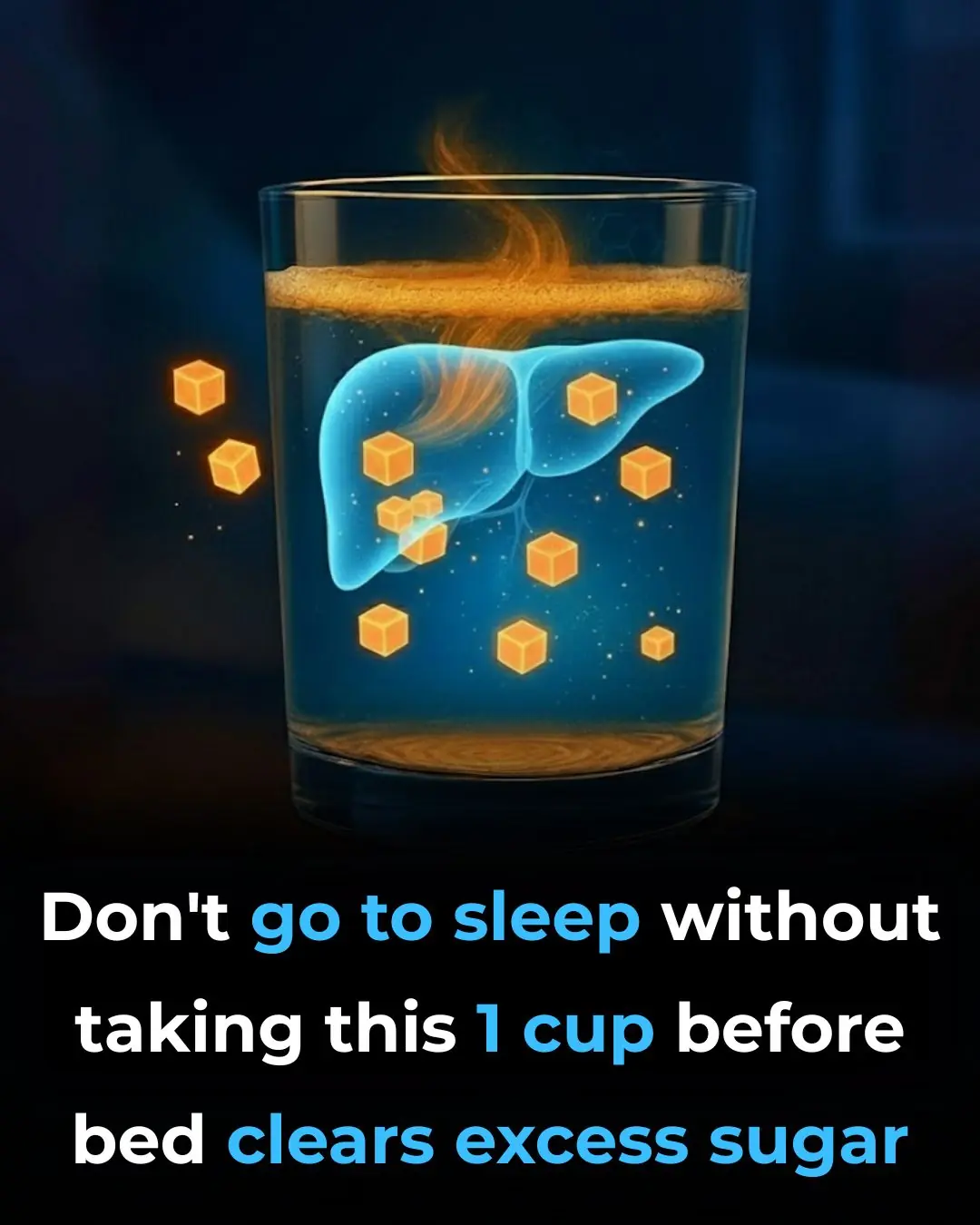
Don’t go to sleep without taking this — 1 cup before bed clears excess sugar
News Post

Growing Wildflowers: A Mother’s Journey Through the Chaos

The Baby in Princess Diana’s Arms

A Lifetime in Bloom: Lois Shows Us What Passion Truly Grows

Farewell to a Giant Soul: Vatsala the Elephant Passes at 100

Keeping the Monsters Away: The Quiet Heroism of Foster Parents

From Sidewalk to Forever: A Daughter’s Choice That Changed Everything

A Thirst for Life: Cyclists Halt Ride to Save Parched Koala in Australia’s Heatwave

An Actor’s Greatest Role: Morgan Freeman Becomes a Guardian of Strays

When a Celebration Became a Goodbye: A Daughter’s Farewell to Her Faithful Companion

Bella the Hero: How a Pit Bull’s Loyalty Saved a Life

No Matter How Dirty You Are, Absolutely AVOID These 7 “Dangerous Hours” When Washing Your Hair to Prevent Stroke, Sudden Illness, or Hospitalization Without Warning

3 Common Mistakes When Using Plastic Wrap That Can Cause Cancer and Are Often Made by Many People

A Kiss from Joy: The Language of Love Between Elephants and Humans
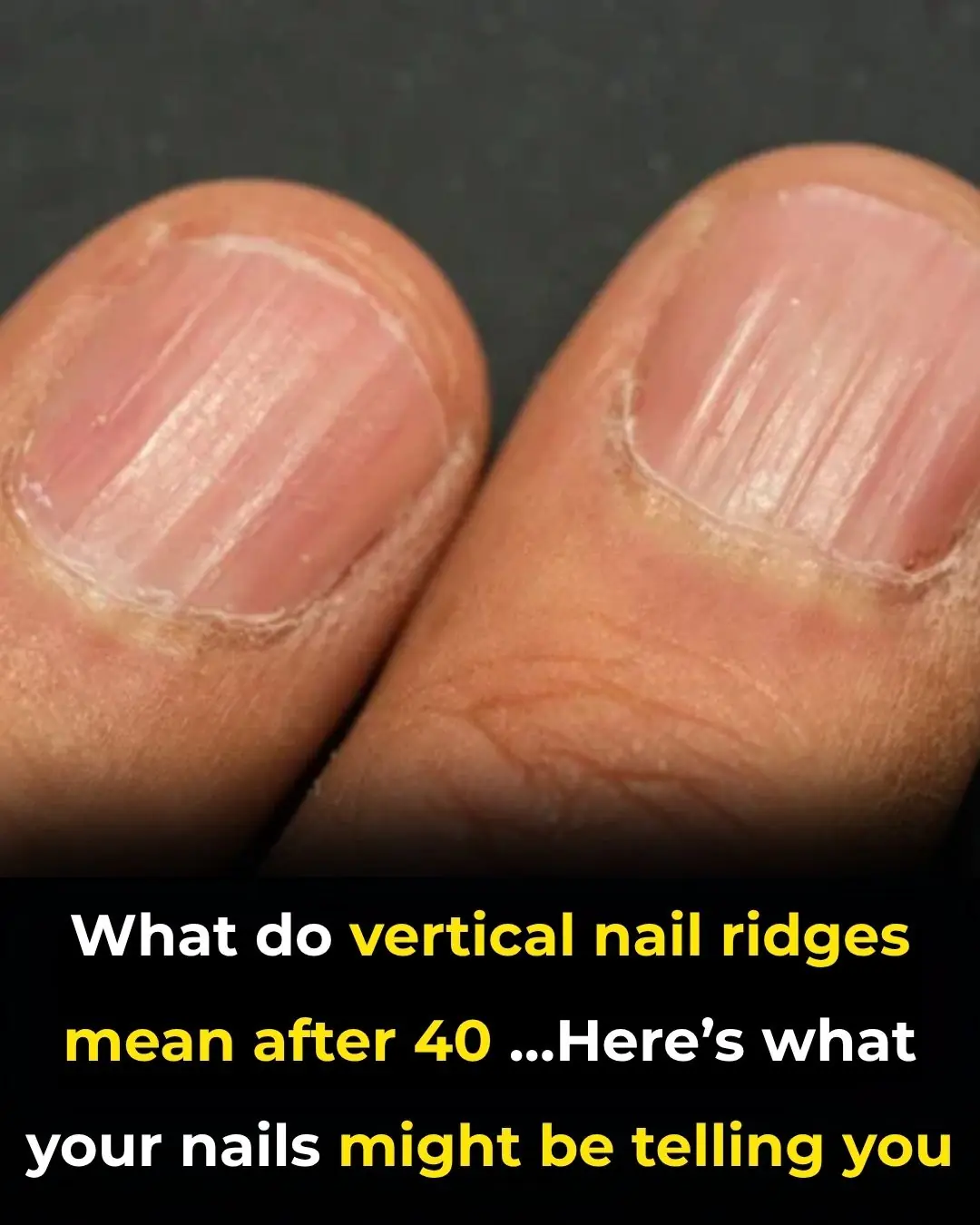
What Do Vertical Nail Ridges Mean After 40

A Brave Fight for Life: Kuba’s Battle Against Ewing’s Sarcoma

Avocado Seeds Benefits: 7 Reasons to use them

9 Signs You’re Actually Going Through Menopause (Even If You Didn’t Realize It)
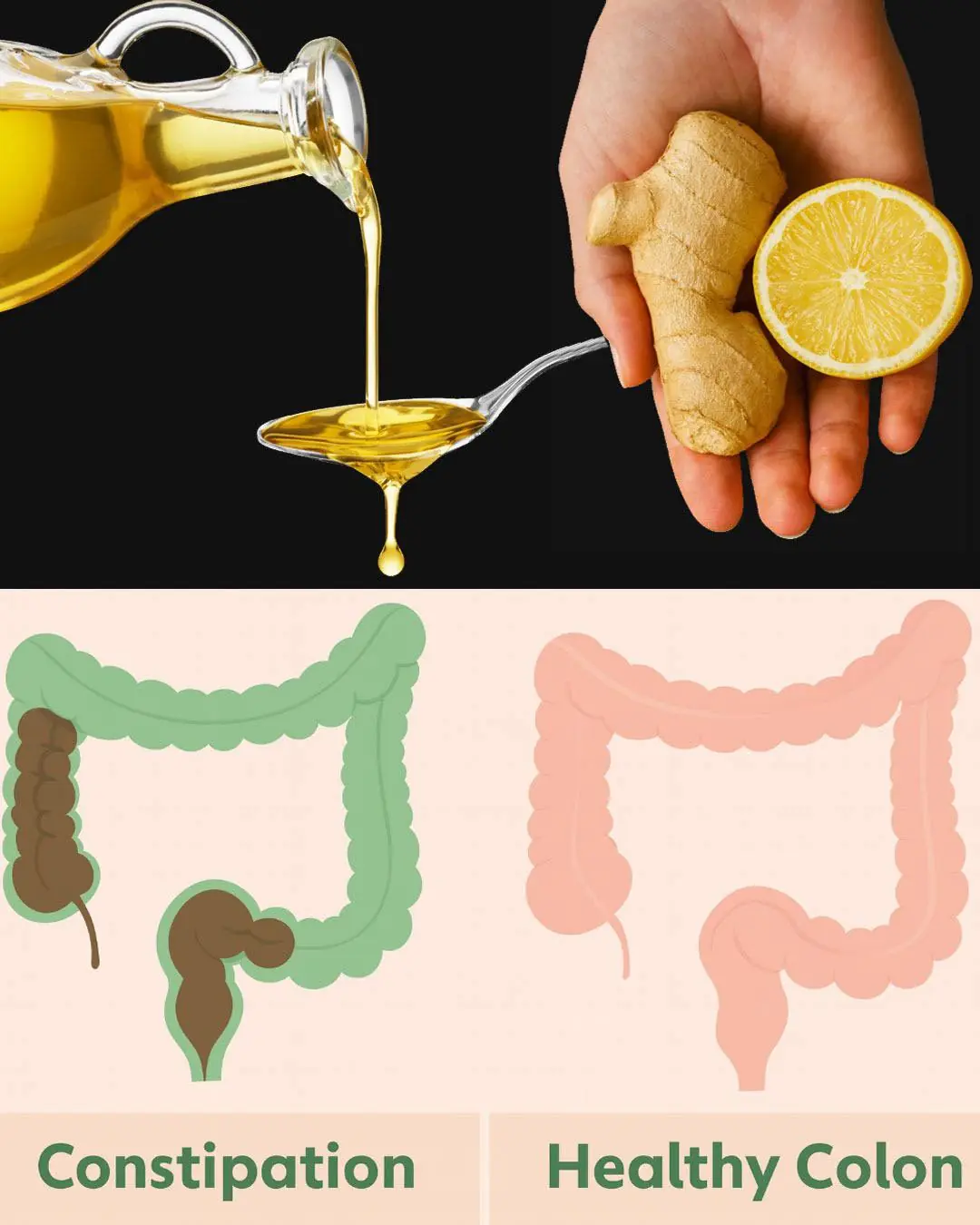
Morning Detox Elixir: Olive Oil, Lemon & Ginger – The Natural Cleanse You Need Daily

Nine Children in Dawsonville Get the Gift of a Bed, Comfort, and Peaceful Sleep
